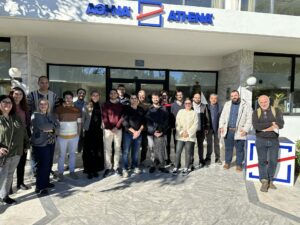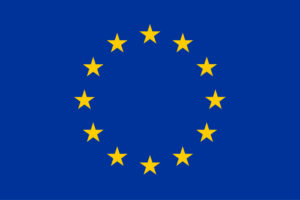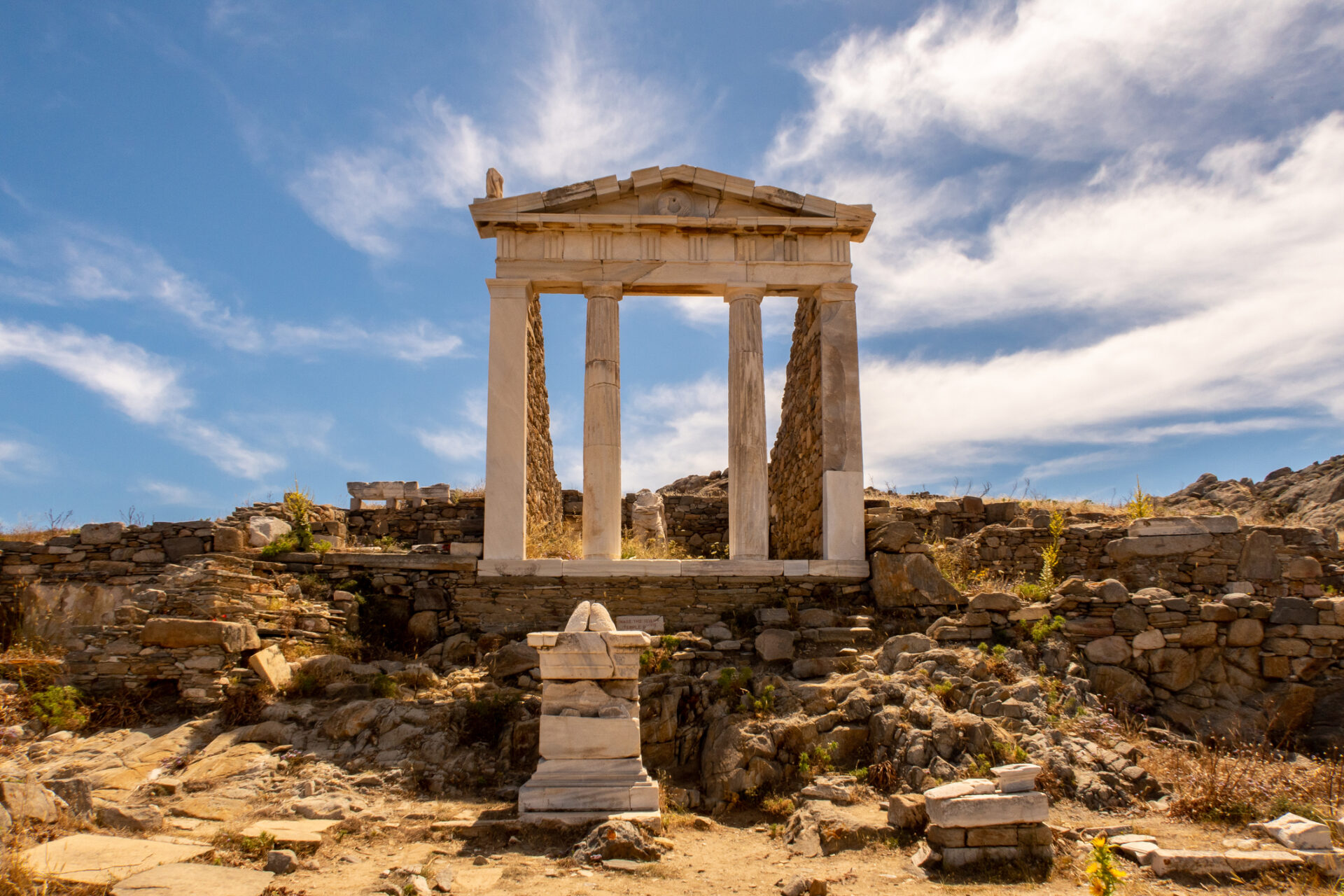A pioneering initiative, the ARGUS project, funded by the European Union’s Horizon Europe Framework Programme for Research and Innovation, has officially launched its ambitious mission. With a consortium comprising 11 partners across various European countries—Greece, Spain, Italy, Germany, and Cyprus—the project envisions a paradigm shift in preserving and safeguarding remote built heritage assets through innovative technologies and methodologies.
Led by Athena Research & Innovation Information Technologies, the project has been granted 3,996,147€ as an EU contribution and is slated to span three years, until November 2026. The collaborative effort kicked off with a comprehensive meeting held in Athens, in December 2023, where all partners gathered to lay the foundation for this transformative venture.

The ARGUS consortium at the project Kick-off Meeting in Athens
Melding heritage and innovation
The ARGUS project (Non-destructive, scalable, smart monitoring of remote cultural treasures) aims to address the critical challenges in monitoring remote built heritage assets while emphasising preventive preservation methodologies. This will be achieved by integrating some of the most cutting-edge technologies such as digital twins, artificial intelligence (AI) and wireless remote monitoring technologies.
“We are thrilled to unveil ARGUS, a project that stands at the forefront of technology, cultural preservation, and environmental resilience. Our collaborative efforts will not only push the boundaries of what’s possible but will also contribute to the global conversation on the sustainable management of our shared cultural heritage”, said George P. Pavlidis, Research Director at Athena Research Centre.
A novel built heritage digital twin model supporting multi-scale and modal data, coupled with an advanced digitisation strategy to fortify the digital twin model, will be developed during the project. This will be complemented by AI-enabled solutions for modelling and identifying threat factors, alongside AI-powered multimodal data fusion, integrating remote sensing climate, weather, pollution data, natural disaster statistics, governmental statistics, and on-site acquired measurements.
Non-intrusive surveillance using remote monitoring
Remote monitoring technologies offer an ideal solution for preserving the integrity of cultural heritage due to their non-intrusive nature and ability to transcend geographical barriers. Unlike traditional methods, these technologies enable continuous, real-time surveillance of remote heritage sites without physically disturbing or altering the artefacts or structures.
“We have deployed our remote monitoring solution in cultural heritage sites like Ponte Vecchio in Florence or the Gediminas Tower in Lithuania. It allows for meticulous observation of heritage assets, detecting subtle changes or potential threats such as environmental factors or structural degradation. This proactive approach aids in early threat identification, facilitating timely interventions to prevent irreversible damage” explains Ioannis Kakogiannos, Innovation Project Manager at Worldsensing.
Remote monitoring technologies not only ensure the preservation of cultural treasures but also respect their historical significance by minimally intruding upon their physical essence.
”Data collected through remote monitoring provides valuable insights into long-term trends and patterns, aiding heritage managers in devising effective preservation strategies”, Ioannis Kakogiannos, Innovation Project Manager at Worldsensing.
For more information and updates on the ARGUS project, please visit the project website.

This project has received funding from the European Union’s Horizon Europe Framework Programme for research and innovation under grant agreement No. 101132308.
